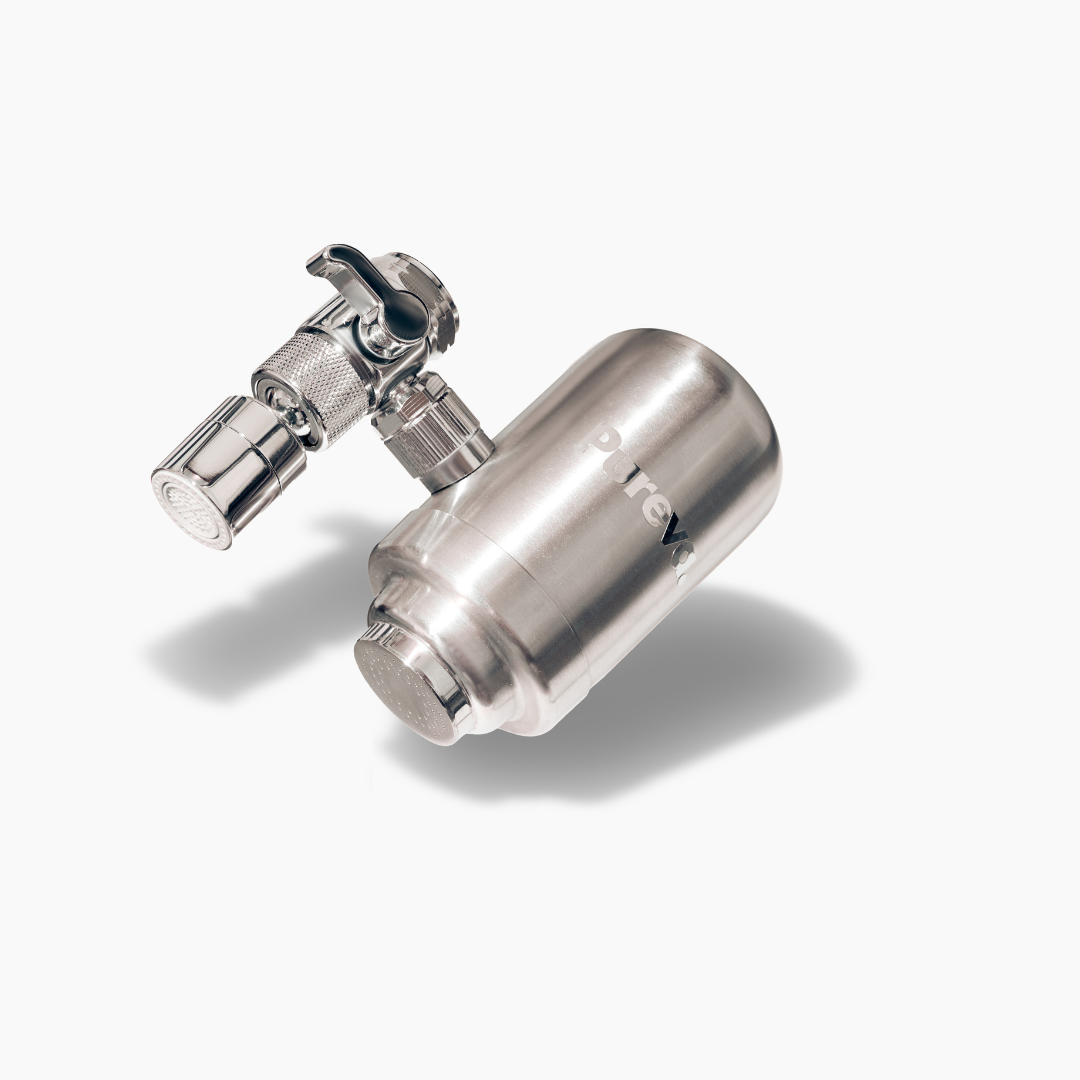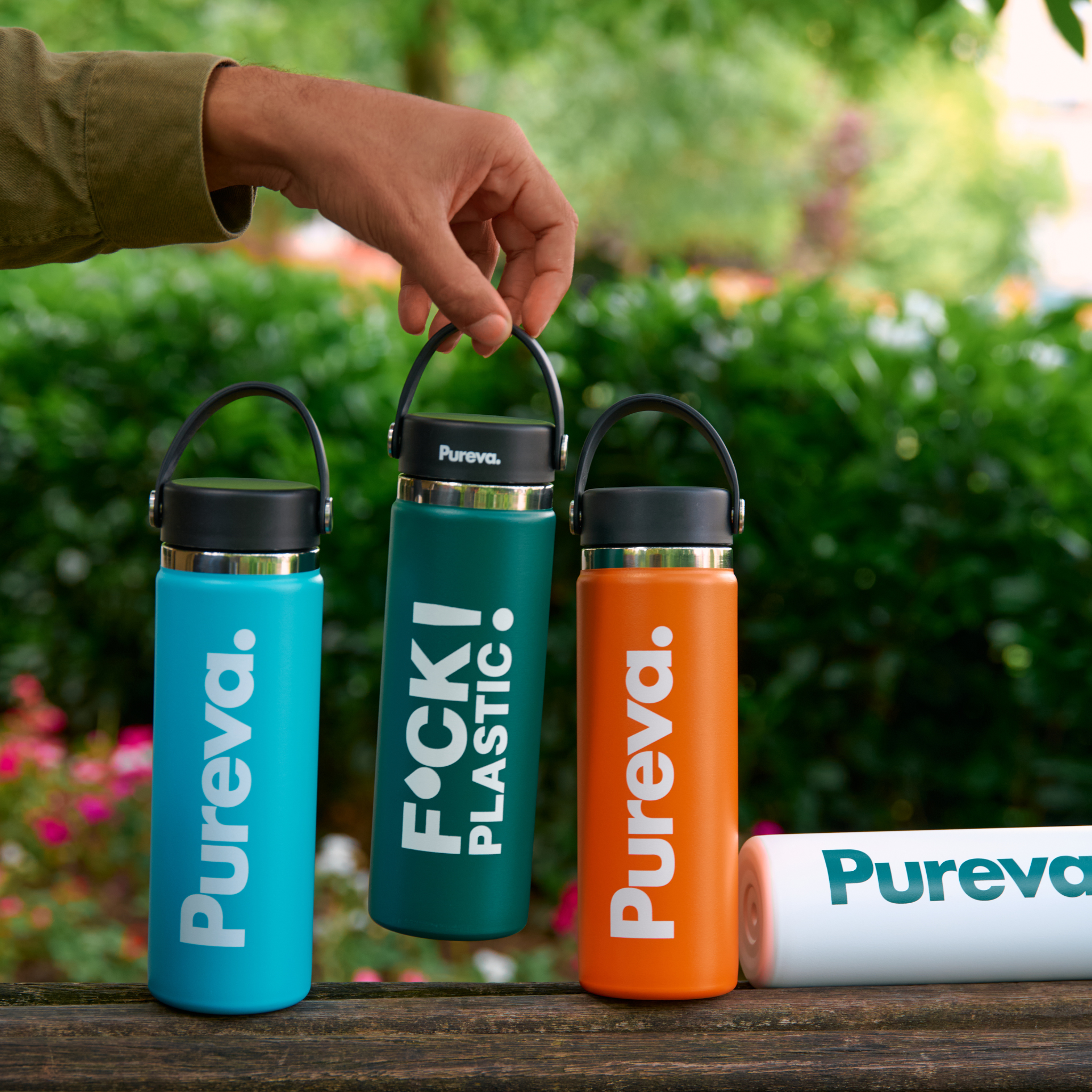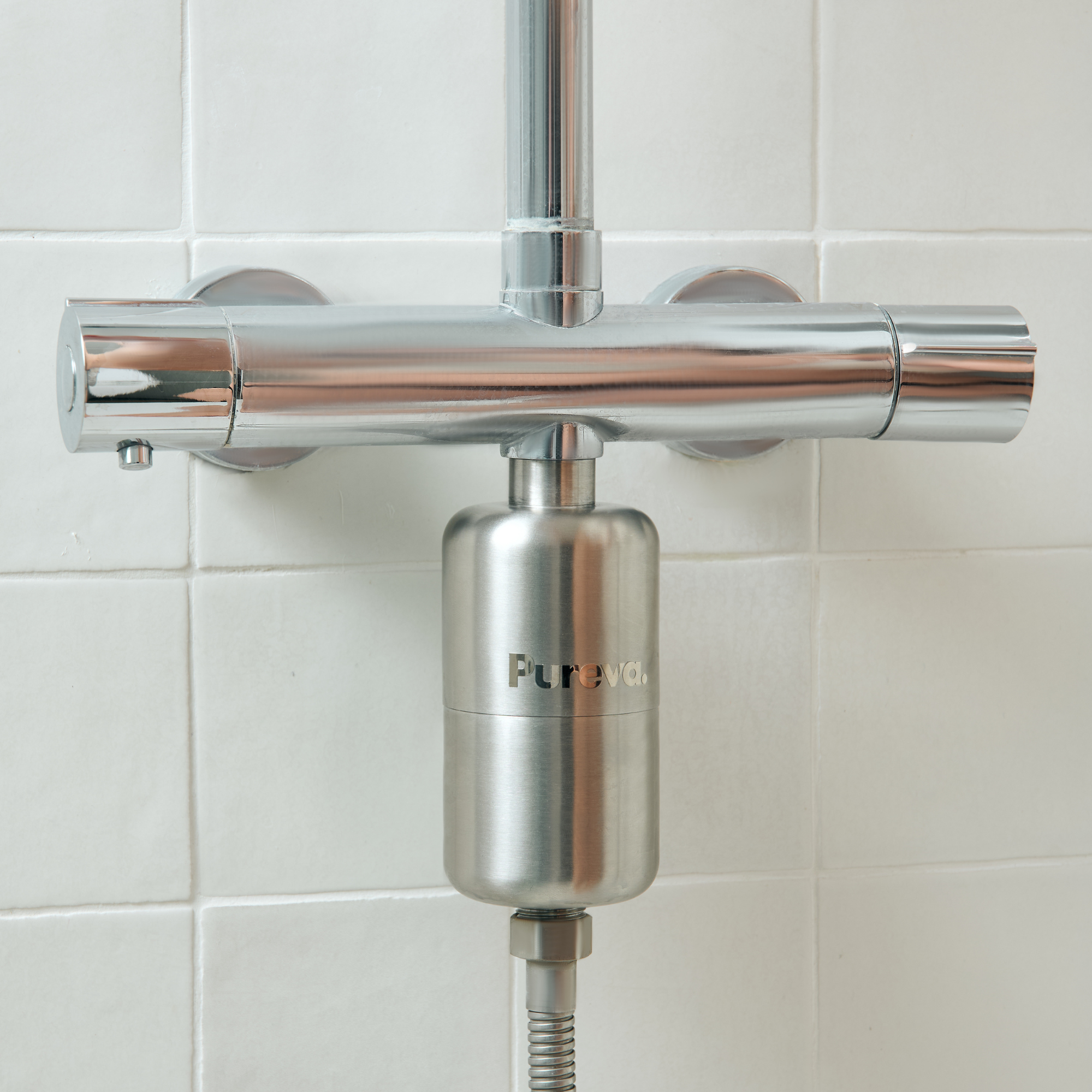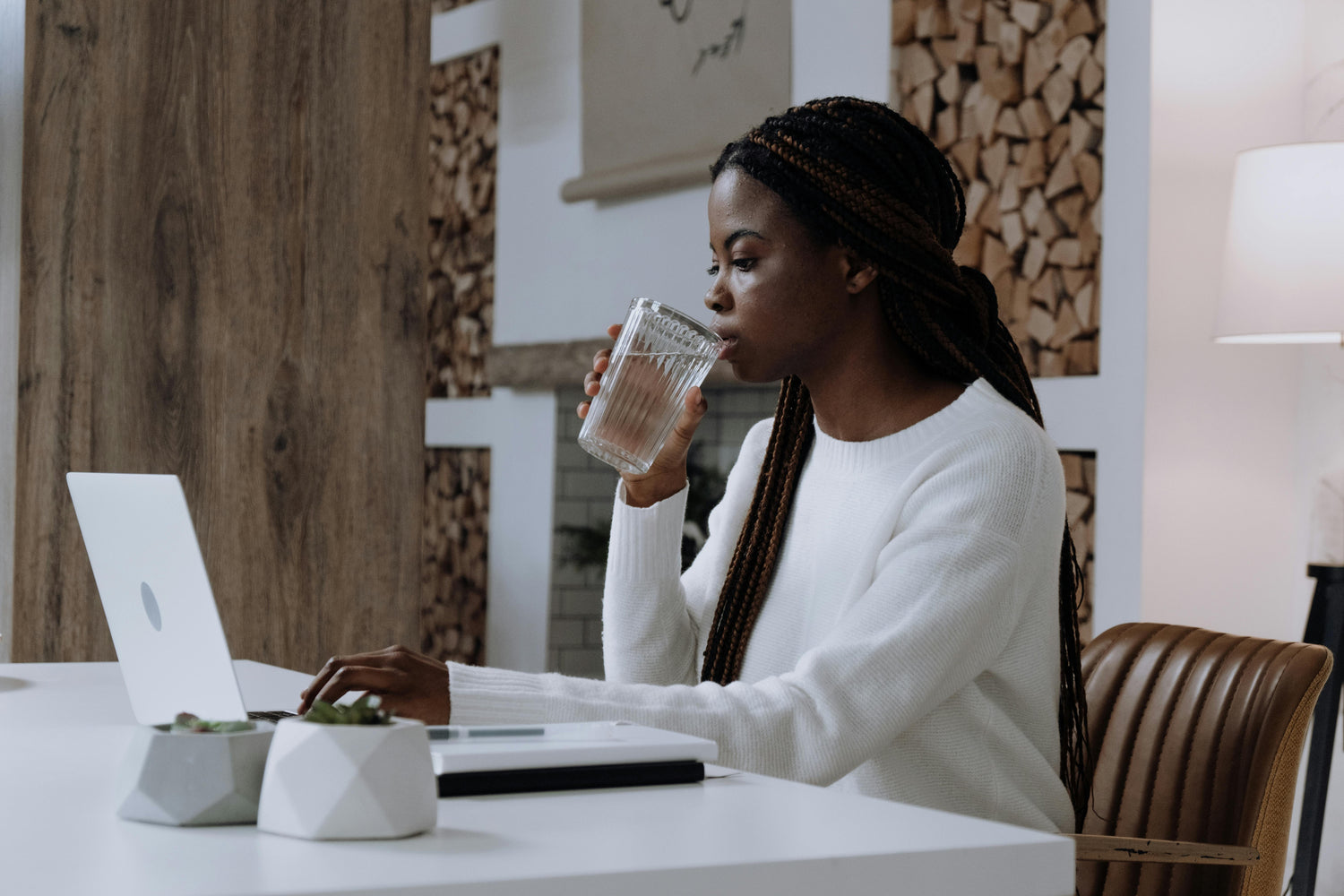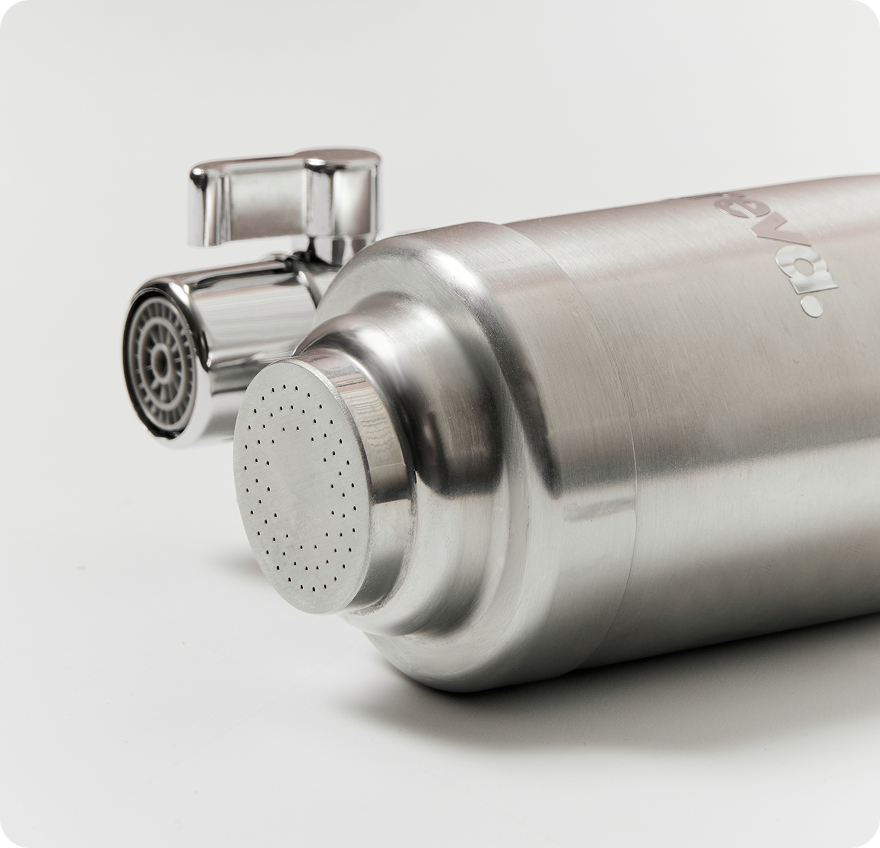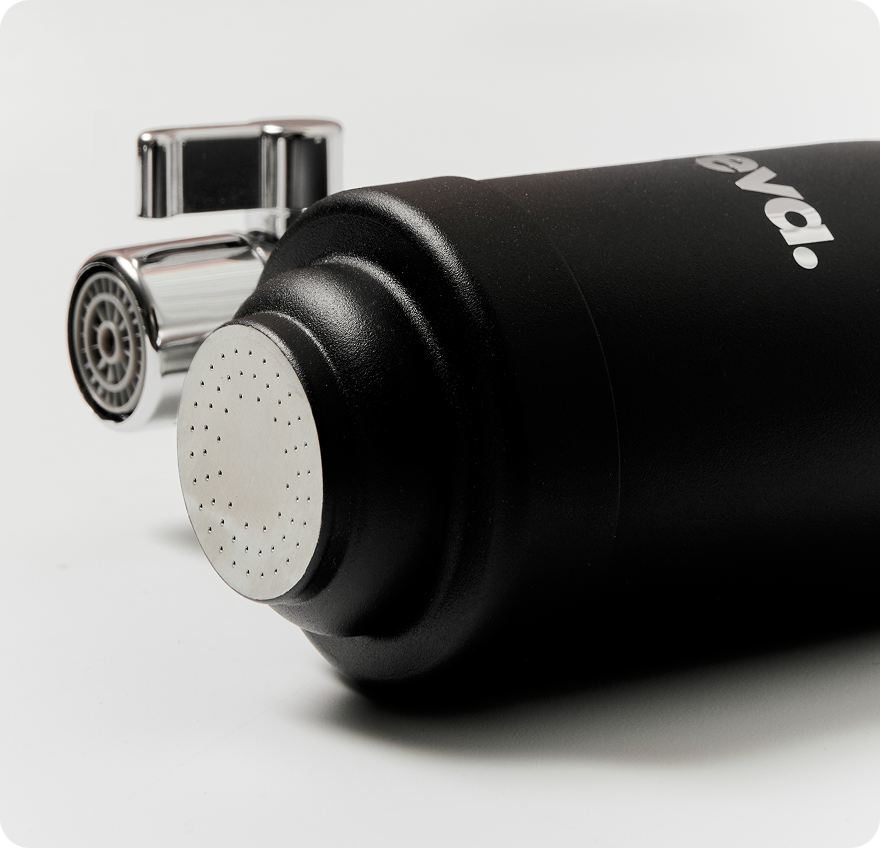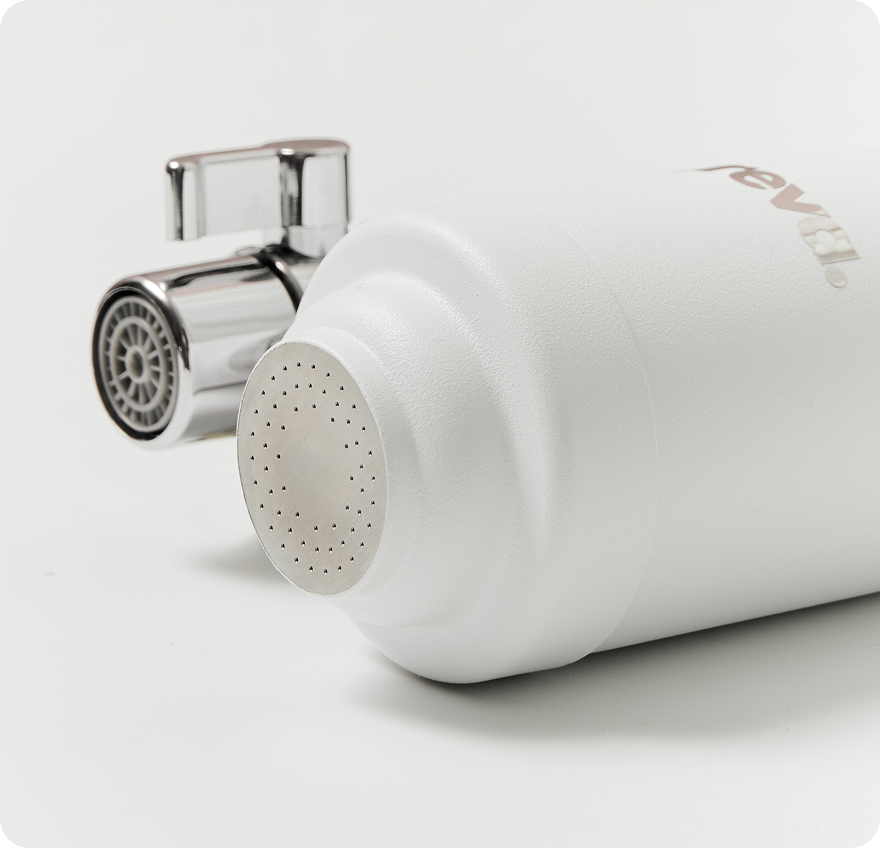Easy to use, filter jugs have long been considered the ideal solution for improving the quality of tap water . However, in use, we quickly come up against some limitations: cartridges that need to be replaced constantly, microplastics that accumulate and filtration that remains partial in the face of many pollutants. This makes us wonder if filter jugs are still a good filtration solution today, especially compared to other options available on the market. More natural, more sustainable, sometimes even more effective, these offer a healthier and more responsible alternative to filter jugs for enjoying quality tap water every day.

Moringa seeds: a natural solution for purifying water
Moringa seeds have been used for centuries in some parts of the world to clarify water. In powder form, its proteins act as natural coagulants: they attract and clump suspended particles , which then settle to the bottom of the container.
Budget-wise, expect to pay around €10 to €20 for 100g of powder, which is enough for several occasional uses. However, be careful: its action remains limited. Moringa is effective for treating slightly cloudy water or water loaded with organic matter, but much less so for chemical micropollutants , such as heavy metals or pesticides .

Binchotan charcoal: for zero-waste, remineralized water
Binchotan , a white charcoal stick from Japan, is an ancestral solution that is increasingly being brought back into fashion. Dipped in a carafe of water , it acts like a sort of sponge: it captures chlorine, certain impurities and bad odors, while releasing minerals such as calcium and potassium .
A stick costs between €8 and €15 and can be used for 3 to 6 months, provided you boil it every 3 weeks to regenerate it. It is an alternative to the “zero waste” filter jug which is attractive for its simplicity, but it requires a little patience: allow several hours of immersion to obtain an optimal effect. In addition, while Binchotan is very effective in improving the taste of water and reducing chlorine , its performance remains quite limited when it comes to pesticides, heavy metals and microplastics.

Purifying ceramic beads: the alternative to the minimalist filter jug for tap water
Ceramic pearls are a discreet and eco-friendly alternative to improve the quality of tap water. Made from clay enriched with effective microorganisms (EM), they help reduce limescale , neutralize certain odors , and promote better taste. A bag of 15 to 20 pearls costs an average of €15 to €20 and can be used for 6 to 12 months. Simply immerse them in a carafe or water bottle for them to take effect.
Please note: these beads are not designed to eliminate bacteria , heavy metals, or micropollutants. They primarily act on water structure and limescale deposits. This is a complementary solution, ideal for those who wish to limit their environmental impact by reducing their consumption of bottled water , for example.

The tap water filter: practical and efficient for daily use
The faucet water filter is an ideal alternative to filter jugs for those who want to consume purified water continuously and without constraints. Attached directly to the faucet, the Pureva filter uses a multi-stage system based on ceramic and activated carbon to retain more than 30 contaminants: chlorine, microplastics, pesticides, heavy metals, etc.
A system of this type costs around €59.90 and each cartridge can filter around 1,000 L of water, which works out to around €0.02 per liter. For comparison, a one-liter bottle of water costs between €0.50 and €1.50.
On the practical side, filtered water is available instantly , without waiting or needing to perform any special handling. Installation takes just a few minutes and maintenance is limited to replacing the cartridge. This is even made easier by a subscription system that allows you to benefit from automatic delivery of your cartridges directly to your home: no need to think about it!
The Pureva filter goes even further with a stainless steel design, black or white (perfect for blending into any kitchen decor), 0.1 micron microfiltration and use that allows you to avoid consuming up to 2,000 plastic bottles per year (a saving of almost €200 per year).
While filter jugs have long been considered the simplest solution for improving tap water, their limitations are now well known. High maintenance costs, limited effectiveness... there are so many reasons to turn to more sustainable and efficient alternatives. Whether you're looking for a natural method , a zero-waste tip, or a permanent solution, there are options to suit every need. Don't hesitate to compare Brita jug reviews with the benefits of these alternatives to choose the solution best suited to your needs.

